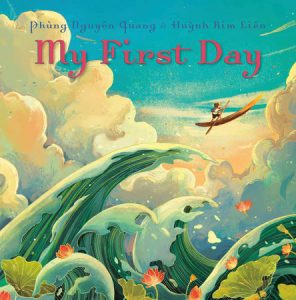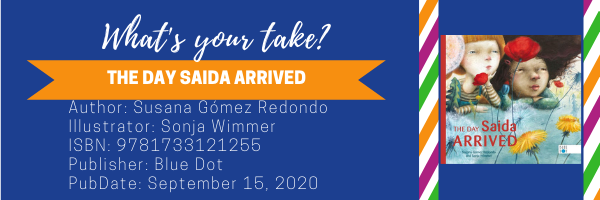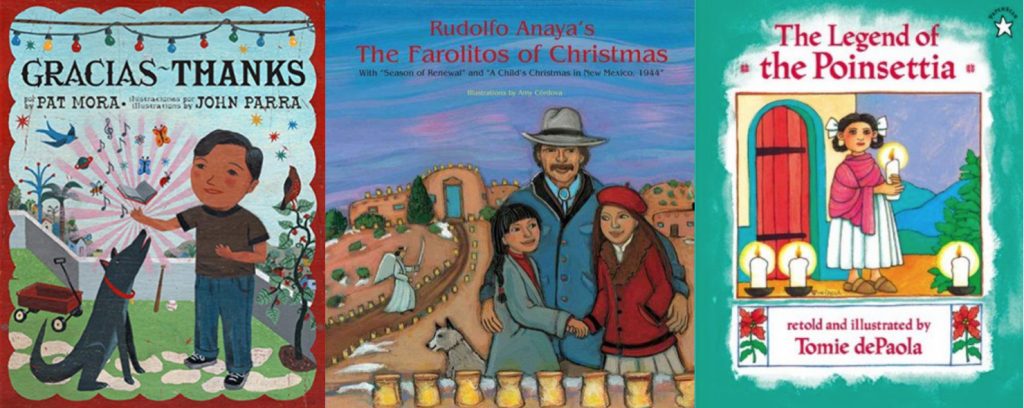By Janine M. Schall, University of Texas Rio Grande Valley
People’s names are one of the foundational building blocks of identity. Whether it is a name we are given or one that we choose for ourselves, names can carry multiple layers of meaning, including culture, history, connections to heritage and family, or an expression of personality. In addition to the names of people, names of animals, plants, and other things can also carry historical and cultural meanings.
Most people have more than one name: a legal first name, one or more middle and last names, nicknames (sometimes multiple) given to us by family or friends, and usernames associated with social media accounts. In addition, many people have a religious name and/or a traditional name connected to their culture. There may be specific naming practices or rituals within cultures or groups and names may change, voluntarily or involuntarily, at different stages of life such as adoption, coming of age, or marriage. Continue reading







